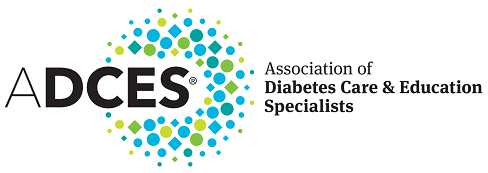
Support Your Work With Practice Documents
Practice documents inform and support the practice of diabetes care and education.

How Practice Documents Add Value
Practice documents inform and support the practice of diabetes care and education. They include position statements, practice guidelines, technical papers, and any other document that articulates the association's views and mission, reflects the current evidence and standards of diabetes care, supports the ADCES7 Self-Care Behaviors™ framework, and provides technical guidance to practitioners.
The 2021 National Practice Survey
Published in the October 2022 issue of The Science of Diabetes Self-Management and Care, the National Practice Study is conducted biannually to assess current trends related to the diabetes care and education specialist’s integration into the full care team beyond formal diabetes self-management education and support services.
Position Statements
ADCES® issues position statements on topics related to diabetes
care and education, as well as ADCES' mission and goals. They are developed by
a multidisciplinary group of diabetes care and education specialists, are
peer-reviewed and are submitted for review and final approval to ADCES' Board
of Directors.
Perspectives in Practice Papers
Perspectives address the science behind the evolving role of the diabetes care and education specialist. Information and recommendations are evidence-based and peer reviewed.
Practice Papers
Practice papers are ADCES-issued guidance for the diabetes care and education specialist on topics related to diabetes care and education. They offer expert opinion and reflect real-world practice.
Exploring the Role of Precision Medicine in Diabetes Diagnoses
Special Considerations in the Management and Education of Older Adults with Diabetes
The Diabetes Care and Education Specialist Role in Continuous Glucose Monitoring
Continuous Subcutaneous Insulin Infusion (CSII) Without and With Sensor Integration


